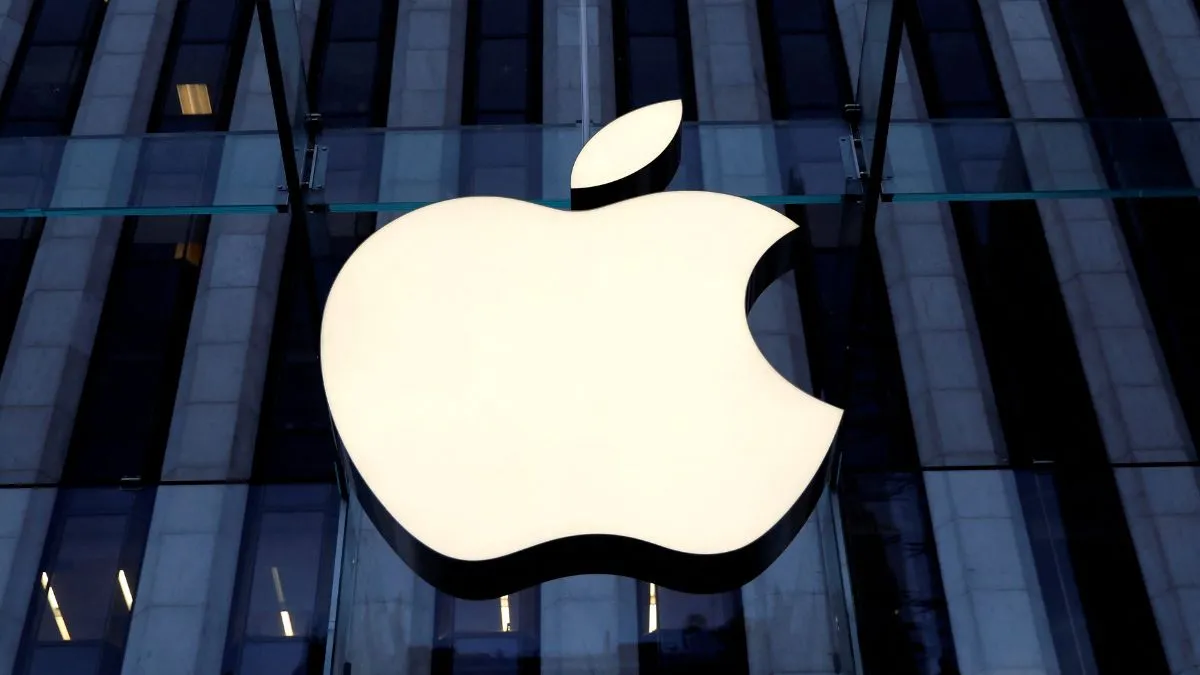- By Alex David
- Thu, 16 Oct 2025 12:53 AM (IST)
- Source:JND
Apple is reportedly negotiating with the Indian government to address a possible multi-billion-dollar tax exposure linked to its manufacturing operations in the country. The issue centres on Apple’s ownership of expensive iPhone assembly machinery used by its contract partners — a detail that could make portions of its profits taxable under India’s current tax laws.
Why Apple Could Face New Tax Obligations
India’s Income Tax Act of 1961 allows the government to tax foreign companies if they have a “business connection” within the country. In this case, Apple’s ownership of advanced machinery — which it leases to Indian manufacturers like Foxconn and Tata Electronics — could be interpreted as establishing such a connection.
ALSO READ: Apple iPad Pro With M5 Chip Unleashed: Massive Power Boost, Smarter AI, And Brighter Display
This interpretation means Apple could be required to pay local taxes on part of its global iPhone profits. In contrast, the company uses the same ownership structure in China without facing similar taxes, and it’s reportedly pushing India for comparable treatment.
However, officials in New Delhi are cautious. They fear amending the rule could weaken India’s tax sovereignty, setting a precedent for other foreign firms to demand exemptions.
Apple’s Expanding Footprint in India
Apple has invested heavily in India as part of its plan to diversify away from China, according to Counterpoint Research. Accordingly, their market share in India has more than doubled to 8% since 2022 while production quadrupled from 10% to 25% during that same timeframe.
Manufacturing partners like Foxconn and Tata have poured over $5 billion into new facilities — including five upcoming plants — to meet Apple’s growing production needs. Much of this investment goes into acquiring and installing high-end Apple-owned machines, which now sit at the centre of the tax debate.
Ongoing Negotiations and Legal Parallels
According to Reuters, Apple executives are in active discussions with India’s finance and IT ministries to either clarify or amend the tax code. While the government acknowledges Apple’s strategic value as a long-term investor, it remains committed to maintaining “fair taxation”.
A senior official reportedly described the situation as “a tough call”, noting India must balance investor confidence with fiscal sovereignty.
Tax experts are drawing parallels to a 2017 Supreme Court ruling involving Formula One, where the company was deemed liable for Indian taxes despite not owning physical assets. The court ruled that operational control was enough to trigger tax obligations—a precedent that could influence Apple’s case if its machinery is viewed as exercising similar control over production.
ALSO READ: Apple Vision Pro With M5 Chip Unveiled: Faster, Smarter, And More Immersive
What’s at Stake?
If Apple fails to reach an agreement, it could face a substantial tax bill and be forced to rethink its India manufacturing model. On the other hand, a favourable ruling could cement India’s position as Apple’s next big manufacturing hub, keeping it competitive against China and Vietnam.
For now, both sides seem cautious but motivated — India wants investment, and Apple wants certainty. The outcome could reshape how multinational tech giants navigate India’s complex tax environment.

